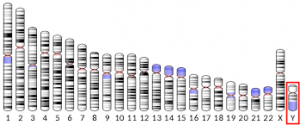
Next week is Jeans for Genes day, a UK-wide fundraising event to raise money for children with life altering genetic conditions. As someone who has worked with children and families affected by chromosomal conditions such as Williams syndrome and Downs’ syndrome, I have always been struck by the resilience and determination of all those affected. Also their positive approach to ‘just getting on with it’, usually still with (the biggest and brightest) smiles. When I first began my work with these families, I was met with the same word over and over: Heterogeneity. Compared to what I’d read and researched about individuals with autism, a disorder with no known genetic marker and huge amounts of variation from one individual to the next, my expectations of those with Williams syndrome were that they were all going to be ‘the same’. Which couldn’t have been more wrong. Because even in ‘heterogeneity’, where by definition there is uniformity, the reality is huge amounts of diversity. No child I ever worked with, even with the same standardised ability score or genetic deletion, was ever ‘the same’. And this is where diversity is not just something that makes working with the families more of a pleasure, but becomes scientifically important. Because those small, tiny differences might be the key to what tells us more about a particular disorder: How biology interacts with environment, or where we can target change. Working with the families affected by these disorders was, without doubt, the most enjoyable, rewarding and memorable part of my PhD experience. So get involved in Jeans for Genes day and hear more about the fantastic work these charities do. And the amazing, diverse, bunch of people you could be supporting…
